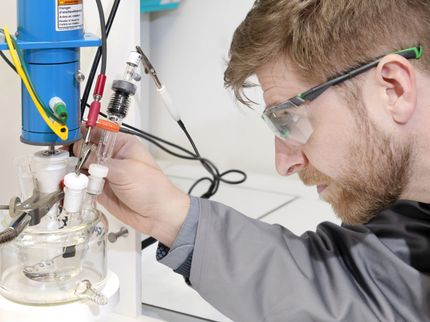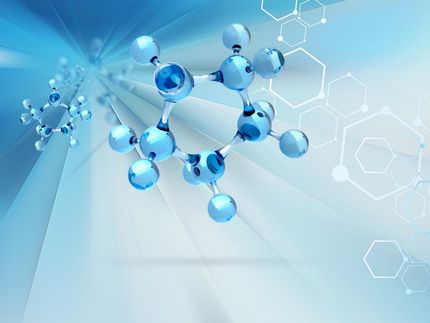Chemicals for pharmaceuticals could be made cheaper and greener by new catalysts
Advertisement
High value chemicals used to make pharmaceuticals could be made much cheaper and quicker thanks to a series of new catalysts made by scientists at the University of Warwick in collaboration with GoldenKeys High-Tech Co., Ltd. in China.
The process of making high-value chemicals for uses such as the pharmaceutical or electronics chemical industry requires many years of work and a very high financial investment, with a large amount of side products going to waste.
However, in research published in the ACS journal Organic Letters, shows how scientists are able to tailor conditions in the catalyst to make the molecule required.
The research project between the University of Warwick and the GoldenKeys High-Tech Materials Co., Ltd., a Speciality Material Company led by Dr. Yingjian Xu FRSC in China, has resulted in the development of a series of new catalysts for the asymmetric synthesis of alcohols which could be used for high value chemicals such as pharmaceuticals and electronics chemicals, potentially making it faster, cheaper and more environmentally sustainable as less chemicals are required under the catalytic conditions.
Researchers were able to make the catalyst by making the molecules' ligands - which act as building blocks, bind to the metal ruthenium. This means that scientists can pick and choose which molecules to bind together to make a catalyst and in turn make the chemical required in a much faster and more sustainable way.
In some cases the ligands are 'bidentate' - meaning they form two bonds to the metal, and in other cases they are 'tridentate' - forming three bonds to the metal. Knowing how each ligand will bind also helps the identification of the optimal active form and the conditions required for the target application.
Professor Martin Wills from the Department of Chemistry at the University of Warwick comments: "The ability to make high-value chemicals through our new series of catalysts using ruthenium metal means that they can be made much more sustainably.
Dr. Yingjian Xu of GoldenKeys High-Tech Materials Co., Ltd. adds: "If this method is used in the pharmaceutical and electronics chemical industries for example then products and intermediates can potentially be made more cheaply and quickly with higher purity for consumers and reduce waste as less material is needed to make the catalyst, unlike traditional stoichiometric methods."

























































